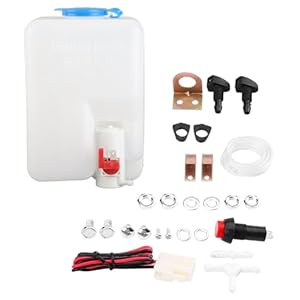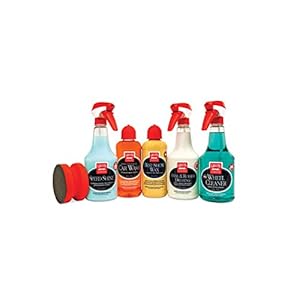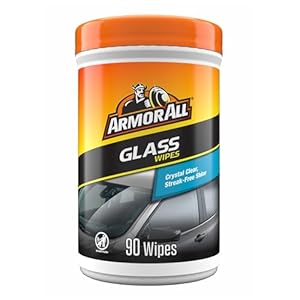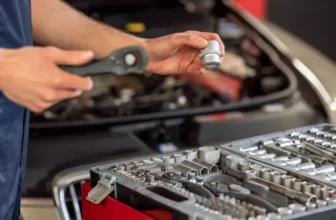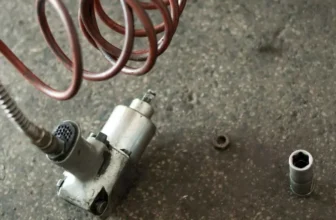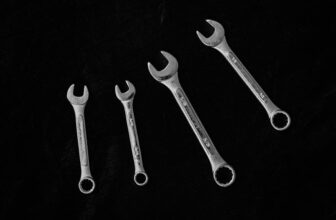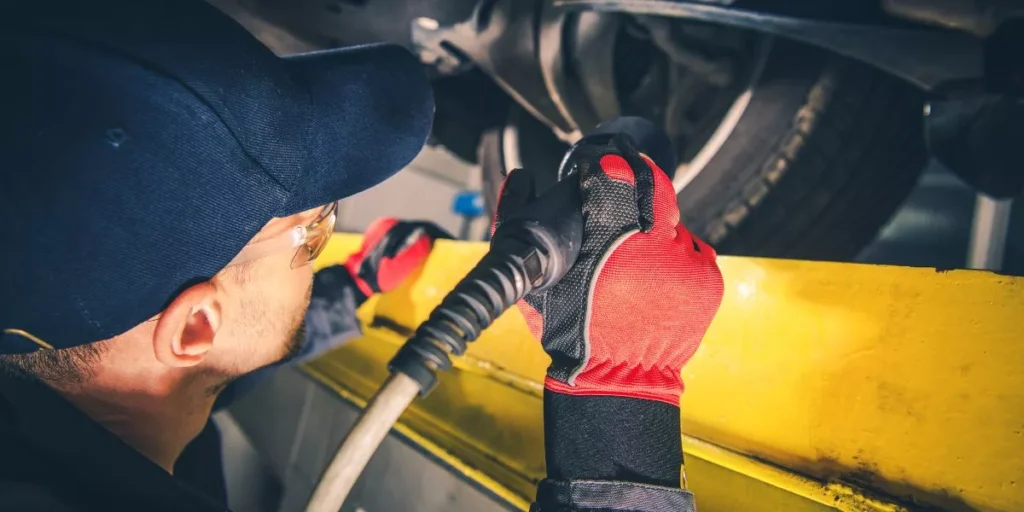
You’re diligent about taking care of your car, but do you have the right tools for the job? From tightening bolts to checking fluids, having the best tools can make all the difference in the world of car maintenance. So, what exactly are these essential tools, and how can they simplify your maintenance routine? Let’s explore the must-have items that every car owner should have in their toolbox for a smoother maintenance experience.
Essential Tools for Basic Maintenance
When performing basic maintenance on your car, having essential tools readily available is crucial for a smooth and efficient process. One of the first tools you should have is a quality set of wrenches. Wrenches come in various sizes and types, allowing you to tackle different nuts and bolts on your vehicle. A set with both metric and standard measurements will cover most of your needs.
Additionally, a socket set is a versatile tool that can help you remove and tighten fasteners with ease. Make sure to have different socket sizes to fit various parts of your car.
A reliable jack and jack stands are essential for safely lifting your car off the ground. These tools are crucial for accessing the underside of your vehicle for tasks like changing the oil or examining the exhaust system.
Lastly, having a good pair of safety gloves and goggles is important to protect yourself while working on your car. These tools won’t only make your maintenance tasks easier but also ensure that you can complete them safely.
Specialized Tools for Advanced Tasks
For advanced tasks in car maintenance, specialized tools cater to specific needs and complexities, enhancing your ability to tackle intricate repairs efficiently. When dealing with advanced maintenance, having the right tools can make all the difference.
One essential specialized tool is a torque wrench, crucial for precise tightening of bolts to manufacturer specifications. This tool helps prevent overtightening, which can lead to damage, or undertightening, which can cause parts to come loose.
Another valuable tool is an impact wrench, ideal for removing stubborn bolts or nuts with ease. It saves you time and effort compared to traditional hand tools.
A multimeter is also indispensable for diagnosing electrical issues accurately. It allows you to test circuits, fuses, and sensors efficiently.
Furthermore, a compression tester is vital for checking engine health by measuring cylinder compression.
Lastly, a fuel pressure gauge is essential for troubleshooting fuel system problems. These specialized tools empower you to perform advanced maintenance tasks with precision and confidence.
Diagnostic Tools for Troubleshooting
To effectively troubleshoot car issues, utilizing diagnostic tools is essential for pinpointing problems accurately and efficiently. Diagnostic tools come in various forms, from simple code readers to more advanced scanning tools. These tools plug into your car’s onboard computer system and provide valuable insights into the vehicle’s health.
One common diagnostic tool is an OBD-II scanner, which can read error codes and sensor data, helping you identify issues with the engine, transmission, or emissions system. These scanners are user-friendly and can save you time and money by quickly identifying the root cause of a problem.
For more in-depth troubleshooting, consider investing in a multimeter to test electrical systems, a fuel pressure gauge to check fuel delivery, or a compression tester to assess engine health. These tools can help you diagnose complex issues and make informed decisions about repairs.
Maintenance Tool Organization and Storage
Consider optimizing your garage space by implementing efficient systems for storing and organizing your car maintenance tools. An organized workspace not only saves you time but also helps prevent misplacing or losing essential tools.
Start by investing in a sturdy toolbox or chest with multiple compartments. This will allow you to categorize your tools based on their functions, making it easier to locate them when needed. Utilize pegboards or wall-mounted tool racks to display frequently used items for quick access.
Drawer organizers are perfect for organizing smaller tools like sockets, wrenches, and screwdrivers. Label each compartment to ensure everything has its designated place. Magnetic tool holders can be beneficial for storing metal tools, keeping them secure and within reach. Additionally, consider using clear storage bins for larger items or tools that aren’t used as frequently.
Remember to clean and return each tool to its designated spot after use to maintain a clutter-free workspace. By implementing these organization and storage solutions, you can streamline your car maintenance tasks and enjoy a more efficient workflow.
Automotive & Tools

